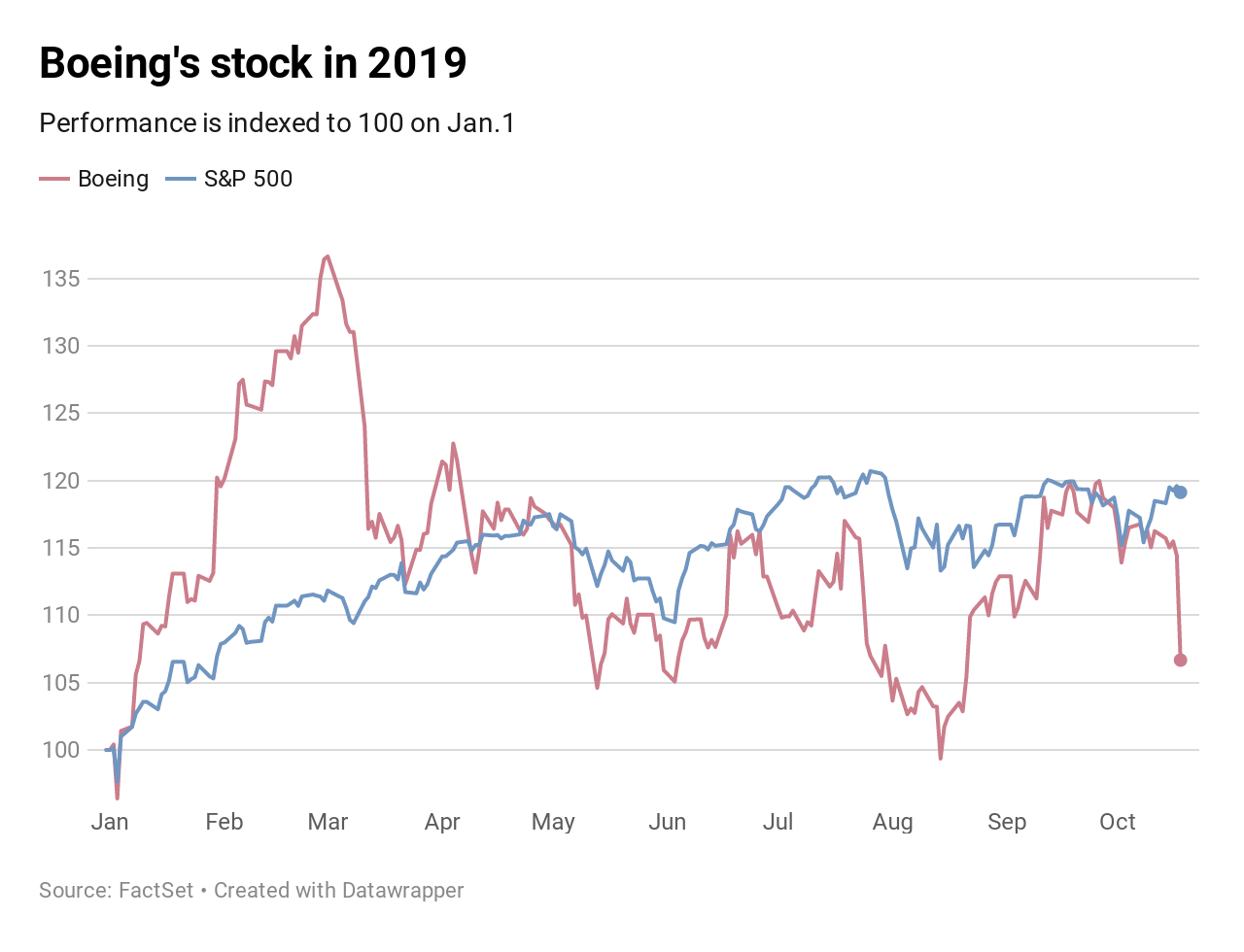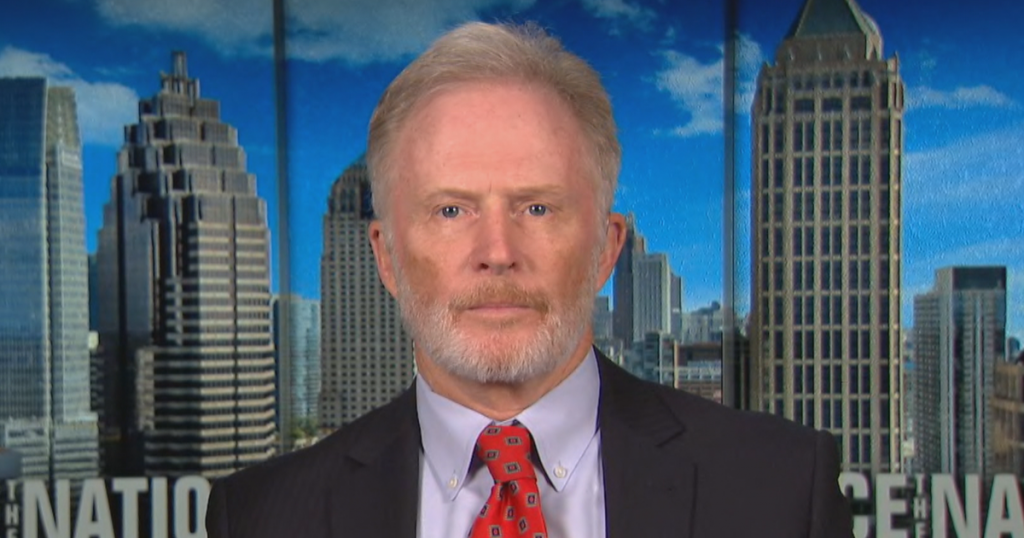The tail wing of an American Airlines plane pulls into its gate after arriving at the Miami International Airport.
Joe Raedle | Getty Images
Government investigators have received details of a 2016 internal Boeing report that reportedly shows that about one-third of employees who responded felt “potential undue pressure” from management regarding safety approvals by federal regulators.
The three-year-old survey, reviewed by The Wall Street Journal, found that such qualms could pose a threat when Boeing engineers played dual roles in both crafting safety systems and then later being asked to certify the work as safe on behalf of the Federal Aviation Administration.
The report was not specific to Boeing’s troubled 737 Max aircraft and covered employees across a range of Boeing commercial airliner programs, but came toward the end of the plane’s multiyear federal approval process, the Journal reported.
The House Transportation and Infrastructure Committee, which is investigating the design and certification of the Max, reportedly received the survey from an individual, rather than as part of Boeing’s formal process of disclosing documents.
The latest revelation comes on the heels of a tough week for Boeing, which on Friday posted its worst day on Wall Street since February 2016 with a loss of 6.79%.
The downturn on the week’s final day of trading came after messages showed that a Boeing pilot warned about problems with the flight-control program on the 737 Max before the FAA approved the plane for public use in 2017. The Boeing pilot said in one of the messages that a flight-control system known as MCAS was difficult to control.
That system and pilots’ inability to recover from its failure have since come under fierce scrutiny by regulators following a Lion Air 737 Max crash in October 2018 and an Ethiopian Airlines crash of the same model in March.
MCAS malfunctioned during both flights, repeatedly pushing the nose of each plane down until their final, fatal dives. All 346 people on both flights were killed.

The crashes have engulfed Boeing in regulatory and financial headwinds, aggravated by repeated reports over the course of the year that underscored the company’s haste to certify aircraft safety.
The Seattle Times in May reported that one senior Boeing engineer balked at management demands for looser testing of the fire-suppression system around the 737 Max’s new engines. The Journal’s report on Sunday also came as Boeing board members congregated in San Antonio, Texas, just days before the company’s quarterly financial report on Oct. 23.
Though speculation ranged as to what the board members could be discussing, a spokesperson for the company told CNBC that the board meets in person every other month at a Boeing facility and that the current meeting would conclude on Monday.
Earlier this month, the company stripped CEO Dennis Muilenburg of his chairman role so he could focus more on running the company as the 737 Max controversy continues to play out.
Boeing’s stock is far underperforming the broader stock market in 2019, up just 6.6% versus the S&P 500’s 19% gain.
Click here for the original report from The Wall Street Journal.
CNBC’s Leslie Josephs contributed to this report.

